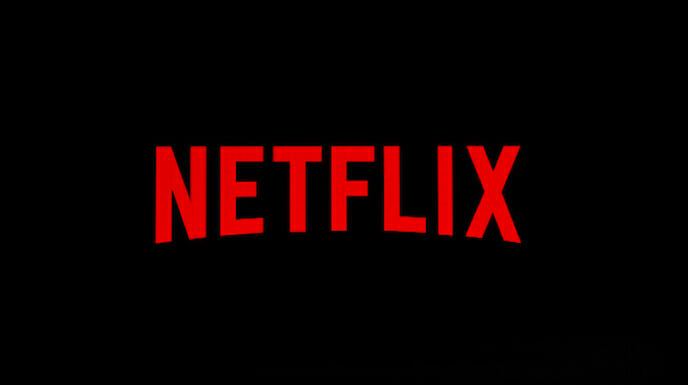Netflix Is Testing New Prompts to Crack Down on Password Sharing
Photos via Netflix Movies News Netflix
For years, is has always been a forgone conclusion that the world’s largest streamer would eventually take action to crack down on password sharing as a means of multiple households having access to the same Netflix account. Now, two years into the COVID-19 pandemic, it seems that Netflix is finally ready to pull the trigger on a potential method for doing exactly that, rolling out restrictions in Chile, Costa Rica and Peru in order to test methods for curbing illicit password sharing.
The Netflix terms of service have always specified that single accounts are technically not to be shared “with individuals beyond your household,” but actually enforcing such a rule has been a huge potential stumbling block for a company the size of Netflix. The new methods being tested in Chile, Costa Rica and Peru, meanwhile, would put a bigger burden on the customer to verify their credentials to access an account, as a way to make customers pay a higher price to “add an extra member” and capitalize monetarily on moochers. It seems like not a coincidence at all that this move comes as Netflix’s user growth has finally stalled out, suggesting the company is now willing to explore new avenues in raising revenue.
Unsurprisingly, the company’s marketing speak promises that the new policies going into effect in Chile, Costa Rica and Peru will allow members to share their accounts with others “easily and securely, while also paying a bit more,” and Netflix representatives go on to note that “We’ll be working to understand the utility of these two features for members in these three countries before making changes anywhere else in the world.” In layman’s terms, this suggests that Netflix wants to weigh how much additional revenue might be produced, and how much customer blowback they’ll receive, before expanding the policy into major markets like the U.S.A.
The system will apparently work by attempting to pester the account holder into submission if those outside the household log into their Netflix account: As Variety put it, “A member may be prompted to verify their account only if a device outside of their household logs into the account; Netflix may then ask the user to verify the login from the device by sending a verification code.” This would effectively mean that the account holder would be getting two-factor authorization prompts on a regular basis whenever anyone outside their home tried to log in. The user would then be invited to get around the issue with a new “add an extra member” feature, allowing members to “add subsidiary accounts for up to two people they don’t live with, each with their own profile, personalized recommendations, login and password.” The trade-off would be a fairly modest increase to the original user’s monthly payment to Netflix.
In Costa Rica, for instance, where a Standard Netflix plan costs $12.99 per month and a Premium plan costs $15.99, it will cost an additional $2.99 per month to add an extra member. Prices are already a few dollars higher in the U.S., where a Standard plan costs $15.99 per month, suggesting that the price of adding a new member would likely work out to $3 or $4 per month.
Put simply, this seems like a rather guileless way for Netflix to simply squeeze some additional revenue per month out of its existing customer base, as a way of offsetting slowing subscriber growth. The Streaming Wars have arrived in a much more dramatic and realistic way as the largest of these services approach a point of stagnation, and it seems that things will only get more money-grubbing from here on out.